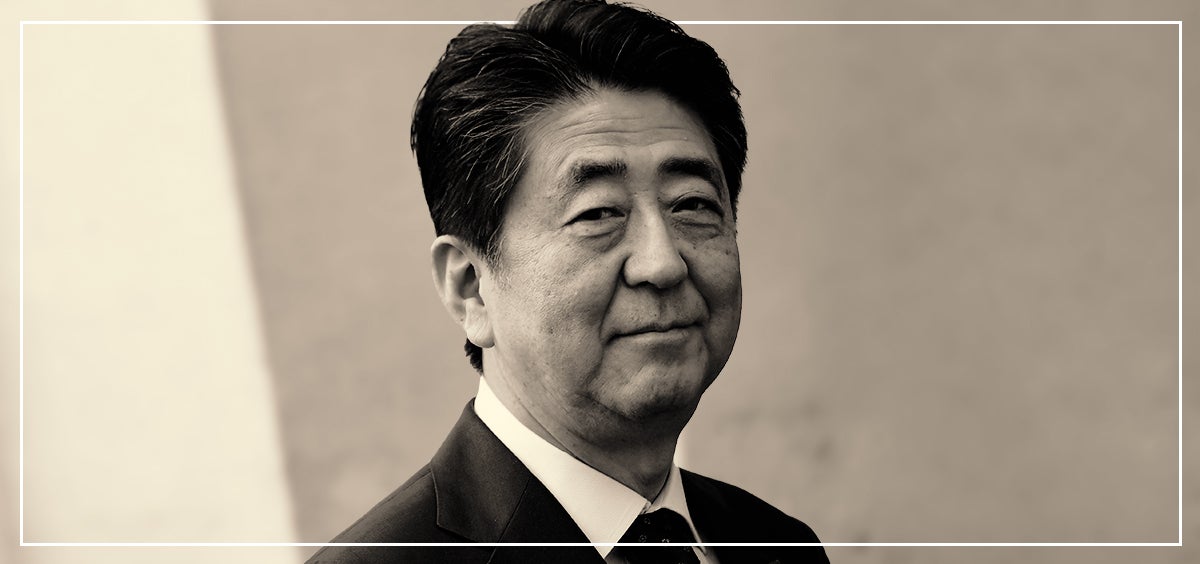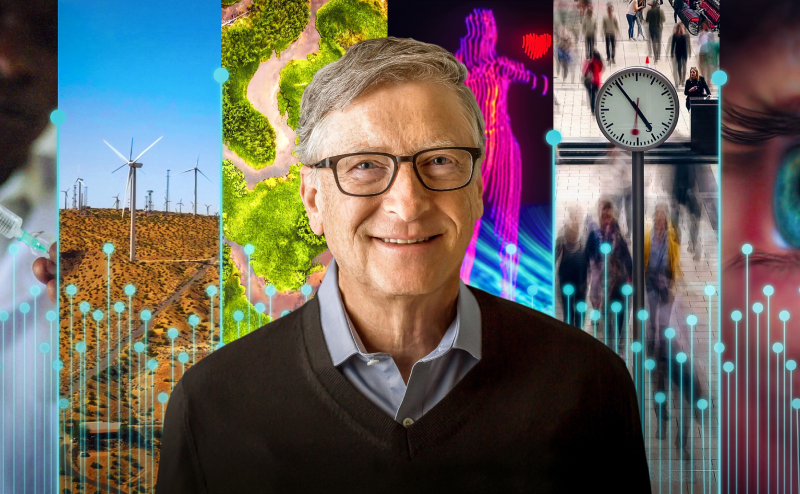My time in Senegal this week reaffirmed my belief in the power of science and innovation.
I will travel to Japan later this month. I’ve been going there since the 1980s, and it is one of my favorite countries to visit. But this trip will be different from every other trip I have taken, because it is taking place in the shadow of former Prime Minister Shinzo Abe’s horrifying death.
I was fortunate to meet with the prime minister several times, most recently in 2015, and to exchange letters with him as well. He enjoyed good conversation and had thoughtful views on everything from revitalizing Japan’s economy to international cooperation to empowering women. We shared an appreciation for the innovations that came out of the Japanese computer industry, and he often spoke about how he wanted to foster even more.
Most of all, though, we shared an appreciation for Japan’s leading role in improving health and saving lives around the world. Prime Minister Abe was a reliable champion for supporting the efforts of low- and middle-income countries. He was proud of what Japan has accomplished in that area and convinced that the country could continue its history of leadership.
During his tenure, the prime minister inspired the world to focus its attention on global health, and Japan set an example by increasing its own support for a wide range of lifesaving projects. As the host of the G7 meeting in 2016, he ensured that health stayed on the global agenda, persuading world leaders to call for the end of AIDS, tuberculosis, and malaria and expanding Japan’s funding for that work. When he was prime minister, Japan doubled its support for making sure that children everywhere get routine vaccines. He was a strong advocate for eradicating polio. And under his leadership, Japan helped launch a global effort to develop vaccines that will prevent pandemics and became its top donor.
I also admire Prime Minister Abe’s commitment to universal health coverage around the world. He saw that providing access to everyone will reduce health risks in low- and middle-income countries, and that a key first step is to strengthen primary health care. We had a particularly enlightening discussion on this subject at a conference he hosted in 2015.
It is a testament to the Japanese people that their leaders have continued building on this progress in the years since Prime Minister Abe left office. The global health strategy that Prime Minister Kishida announced earlier this year is a major step forward for preventing pandemics and improving health systems around the world. As the host of the G7 summit next year, Japan has an opportunity to keep global health on the agenda, reaffirm its own commitment, and propose concrete steps that lay the foundation for saving even more lives in the world’s poorest countries.
Shinzo Abe understood that improving health is not only the right thing to do—it also makes the world safer and more prosperous. His death is a tragic loss, but the leading role in global health that he helped establish for Japan will endure.





